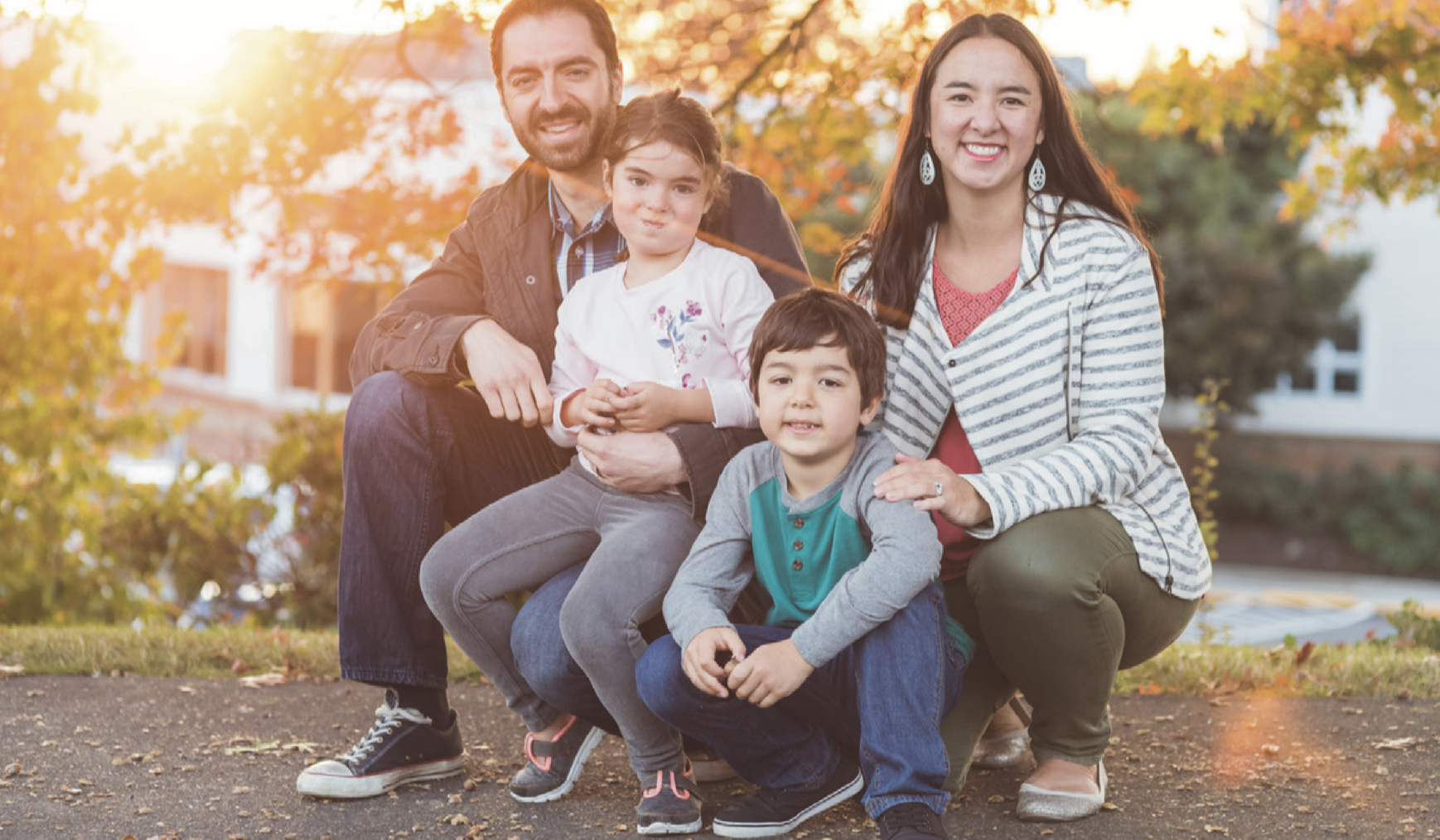Understanding and Supporting Your Child’s Social and Emotional Development

Understanding and Supporting Your Child’s Social and Emotional Development
Defining Social and Emotional Development
Social and emotional development refers to how children begin to understand who they are, what emotions they are experiencing, and what to expect when interacting with others. Your child’s social and emotional development will inform how they:
•Establish and sustain positive relationships with others.
•Experience, manage and express their feelings.
•Explore, understand and interact with the world around them.
“Parents and caregivers play the biggest role in social and emotional development because they offer the most consistent relationships for their child. To nurture your child’s social and emotional development, it is important that you actively engage in quality interactions on a daily or regular basis, depending on the age of your child*.”
Understanding and Supporting Your Child’s Social and Emotional Development
Every time you see your child after separation (first thing in the morning, after a nap or school), take a moment to connect with them. Smile, have a hug, ask about their day. Let them know you’re happy to see them.
Practice active listening and reflect back what your child has said. If your child is too young to talk, you can still describe the emotions they are expressing (i.e. you’re sad because your toy broke.)
Explore Emotion Wheels: naming your emotions & help your child identify theirs. Allow whatever feelings arise. Notice that it eventually fades.
Read a book or watch a movie together about friends, cooperation, helping each other, emotions, or empathy.




